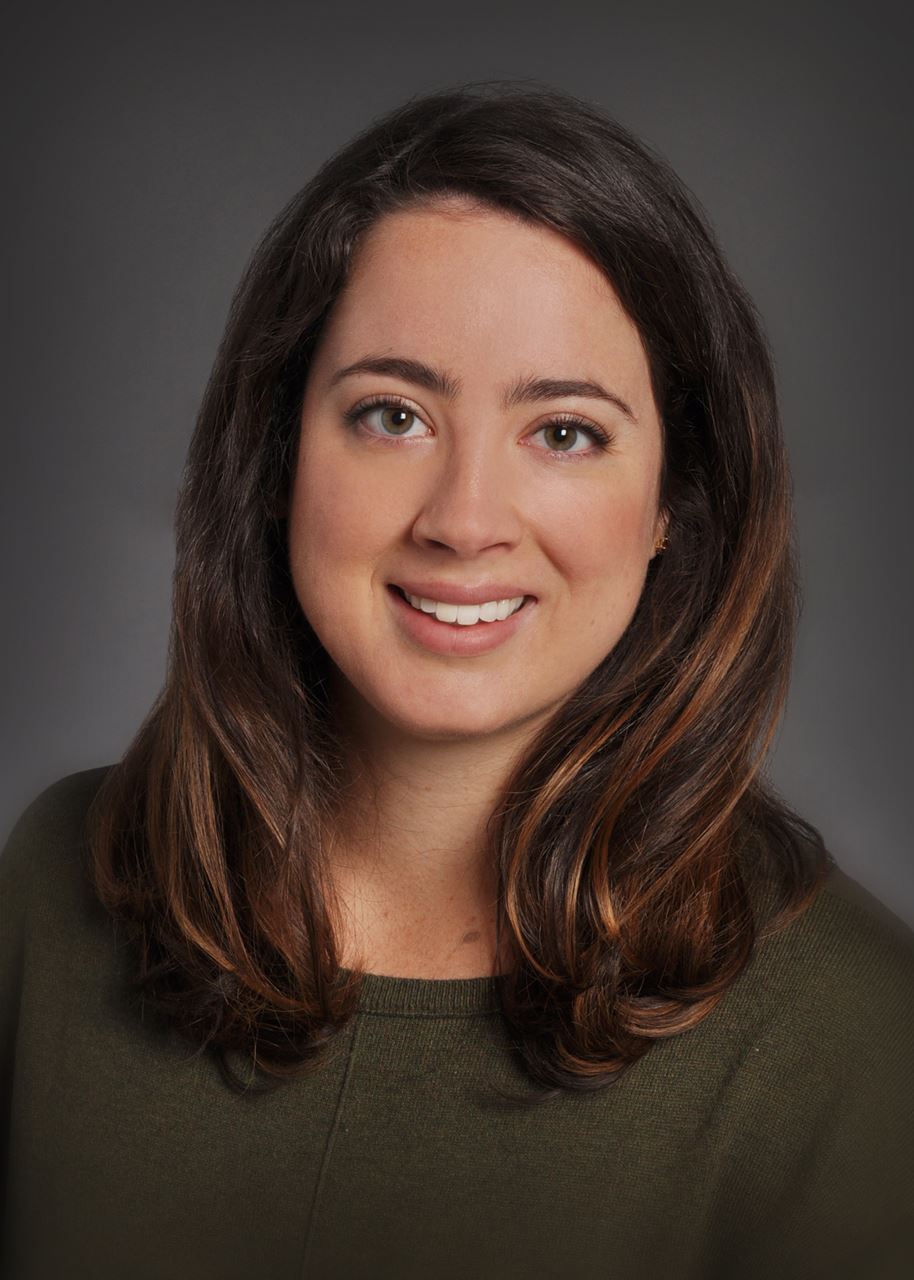Happy Medical Genetics Awareness Week! The goal of this week is to raise awareness of the invaluable contributions that medical genetics healthcare professionals make in the diagnosis, management and prevention of genetic diseases! Each day we will feature an amazing PA who works in the field of medical genetics!
Day 4/5: Meet Brittany Hoyle, PA-C! Brittany is a PA in the genetics department at the Medical College of Wisconsin.
Why genetics?
I am a biologist at heart and had always enjoyed the topic of genetics while in school. I had the privilege of rotating through genetics while in PA school, where I fell in love with the field. Genetics particularly appealed to me as it had the fun mystery solving aspect, while it also provided the opportunity to develop relationships with and follow patients over long periods of time and help them at different times in their life. So after graduation I jumped at the opportunity to move to a new state to accept a job in genetics. As a new PA in the field, there is definitely a steep learning curve, but this is a field that will always stimulate my curiosity and ask more questions than answers, and so I know I will always be a continual student while working in this field.
What does your typical day entail?
I work in an outpatient pediatric genetics clinic, seeing patients in clinic 3-4 days per week. I work in a general genetics, metabolic, and rasopathy clinic. In general clinic we see children with developmental delays, autism, or epilepsy to name a few common conditions. A typical work-up involves detailed review of systems, review of past specialist visits, family history, developmental history, and a physical which includes a dysmorphology examination. In metabolic clinic we see patients with inborn errors of metabolism such as phenylketonuria or fatty acid oxidation disorders. Metabolic clinic can be different, because it involves more treatment and detailed management of the disease. Finally, in rasopathy clinic we see patients with neurofibromatosis type 1 and related disorders, Noonan syndrome, or Tuberous Sclerosis. This clinic involves evaluating patients for a diagnosis or following patients long-term to ensure they are receiving all the guideline evaluations. The days I am not in clinic, I am prepping for future patients, going over results of past patients, or managing imaging and prescription orders.
What’s your favorite part of being a Genetics PA?
Genetics is an exciting and fast-growing field to be in. Each year with advancements in technology, we are adding to the depth and accuracy of our genetic testing. Families come to us after years of trying to find answers, and it can be really satisfying to help them come to a diagnosis. Getting to be a part of clinical and research trials is exhilarating, because I can contribute to this fast-evolving field. I think it is particularly exciting to be an advanced practice provider in this field as I see the potential for lots of growth.
